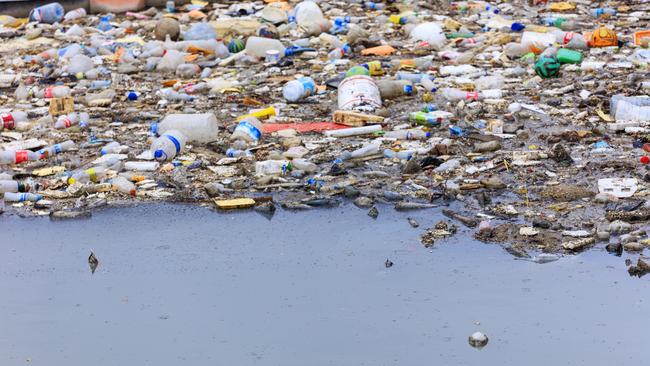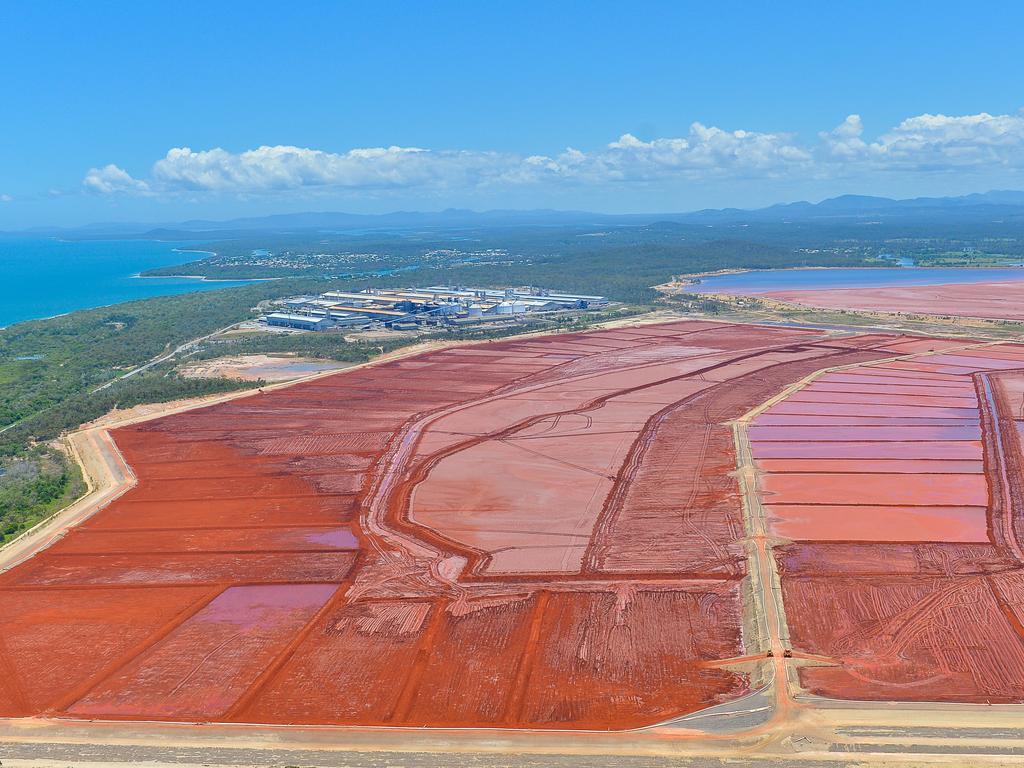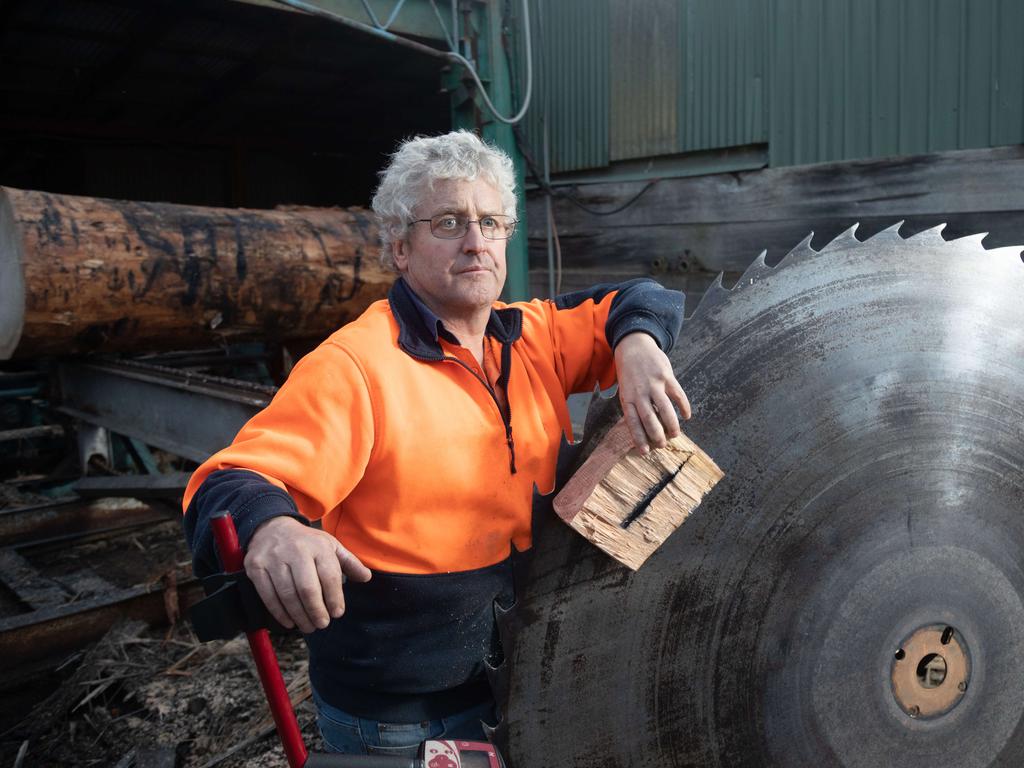Pact pushing ‘intelligent’ plastic recycling with $500m spend
A Pact survey pre-COVID-19 found 91 per cent of Australians were concerned about the impact of plastics.

Pact chair Ruffy Geminder said the circular economy was alive and well but “was taking a back seat amid the recovery from COVID-19”.
In an interview ahead of Thursday’s Morgan Stanley conference on “Plastics and the Path to decarbonisation”, Geminder said “everyone’s focus is on the health and safety of their family and staff and we need to be more innovative as we get back to work”.
Many food stores won’t accept reusable cups or bottles for fear of transmitting the virus, which has ignited debate in the sector over alternate ways to reduce waste.
Geminder has committed to spending $500m on the so-called circular economy over the next five years starting with a $30m joint venture with Cleanaway and Asahi which will involve Cleanaway in collecting plastic bottles, Pact converting them into pellets and Asahi using the pellets to blow into bottles for its drinks.
The conference will feature the US-based Morgan Stanley chief of sustainability, Audrey Choi, who has led the firm’s commitment to reduce the use of single-use plastics with the aim of removing 50 million tonnes of plastic waste by 2030.
She has noted that since plastic was invented 70 years ago, it has created 8.3 billion tonnes of plastics which if converted into a single plastic bag would be enough to hold the entire planet.
Choi said in a recent paper that 70 per cent of plastic has ended up as waste.
Morgan Stanley led last year’s $US1bn ($1.5bn) green bond by Pepsi, which is committed to reduce 35 per cent of virgin plastic by 2025.
The drive is part of the global push into sustainable finance which has grown from $US3 trillion in 2009 to $US9 trillion in the US today and $US23 trillion globally.
Choi said the push was in part a question of material sciences devising better recyclability, biodegradability and compostability, part the development of new business models and part waste management.
The bottom line is reducing waste and hence costs.
Reduce, reuse, recycle
A Pact survey pre-COVID-19 found 91 per cent of Australians were concerned about the impact of plastics, but only 45 per cent were prepared to pay more to reduce its use.
Recycled PET costs around $2300 a tonne compared with virgin PET at $1600 a tonne.
Geminder said: “I am not a big fan of compostable containers right now because the way recycling systems are set up, most compostable containers end up as waste, being contaminated material.
“The focus remains on reduce, reuse, recycle,” he said.
Geminder said the $500m investment would go toward a range of purposes including new storage facilities to prepare packaging for reuse.
“The need to reduce waste hasn’t changed because of the virus,” he said.
“The focus now would be on more intelligent ways to achieve the aims through better technology,” he added.








To join the conversation, please log in. Don't have an account? Register
Join the conversation, you are commenting as Logout